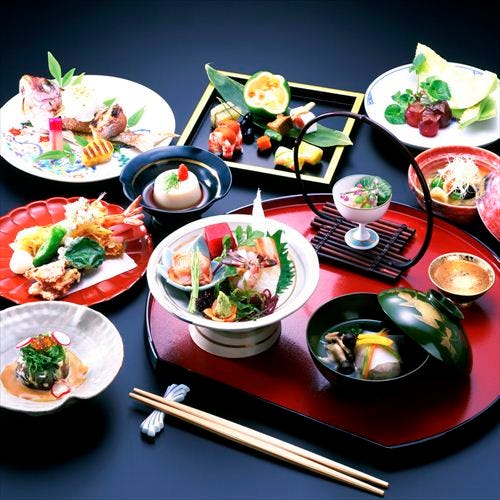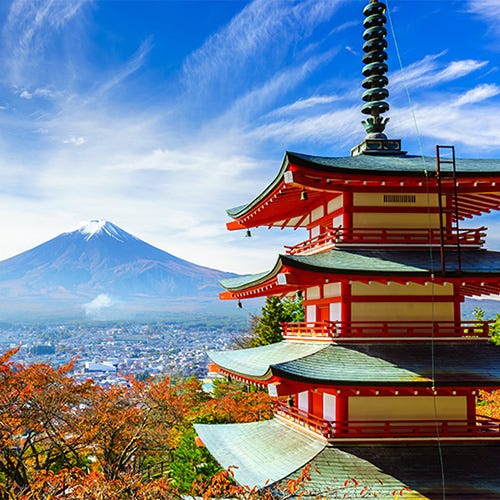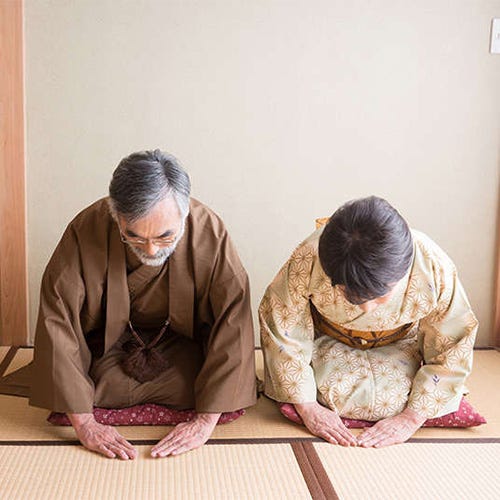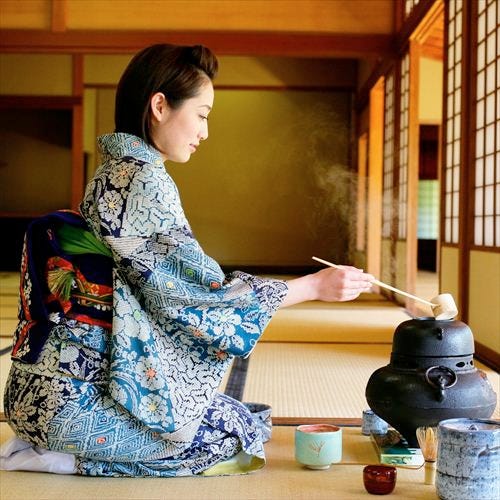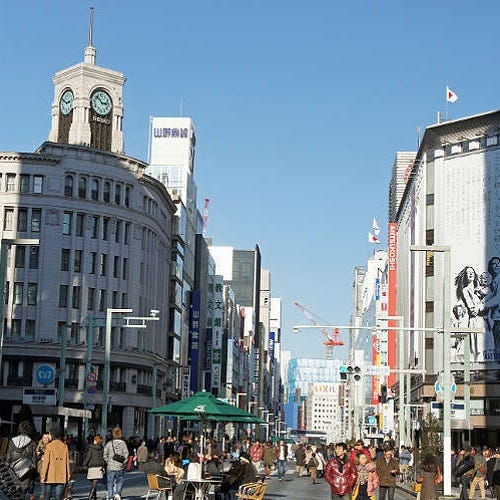
Japan and China have pretty close ties when it comes to the economy, politics, and culture. Many Japanese have had the opportunity to work with the Chinese in the business scene. It is also not uncommon that some may experience culture shock in regards to how the other works. However, from the Chinese perspective, there are also many shocks about how the Japanese think and work.
Mr. J, who works in a manufacturing company, has much experience doing business with Japanese people, as well as many Japanese friends. Here we discuss openly and see from his eyes the many years of experience working with the Japanese on both a personal level and in business. (The following commentary is based on the personal opinions of the person questioned).
Even Chinese people agree - the Japanese work too much!

The first topic is the Japanese work ethic.
“I think it’s a great thing that the Japanese work hard, however sometimes it’s just too much. It’s incredible because some people work without even eating a meal. We work hard too, but we at least make sure to eat properly.”
Indeed, it isn’t uncommon to see people eating lunch and dinner at their desks, especially during the busy season. However, even from the perspective of the Chinese who are now leading in the economy, Japan’s work ethic is quite unusual. He brought up another important point.

“One thing that left an impression on me about how Japanese people work is that they continue to discuss issues that have no apparent solution, even when there are no new ideas yet on how to solve said issue. That only leads to the birth of more ineffective ideas.”
Low-productivity, endlessly-dragging meetings circling around an issue with no new ideas... Are people even aware that they’re doing this? I’m pretty sure that’s the point he’s trying to make.
The troubling difference from Chinese work ethic: Japanese people say “Yes” too much!
“It was shocking to me how the Japanese response to customers’ inquiries always seemed to be ‘Yes,’ ‘We can do that,’ or ‘We will do that.’ Because I don’t think in this way, I sometimes have trouble working with Japanese people. In China, even when dealing with customers, we will always clearly state when something is different than what they said, or impossible to do. It doesn’t make sense to think that every response must always be an affirmative ‘Yes.’”
Japanese people tend to associate “Yes” with easy business negotiations and keeping the people you are dealing with in a good mood, even to the point of sometimes forcing oneself to complete difficult tasks that could otherwise be avoided. This is another thing confusing to their Chinese colleagues.
Please hold on, I’m working here! Japanese people put too much focus on the “process”

As one of the Chinese workers doing business with the Japanese in the manufacturing industry, Mr. J also faced such difficulties.
“Another issue is that Japanese people tend to ask for progress reports a little too often. ‘What is the current situation like?’ ‘Are there any issues?’ In China, when making things, there are many processes that are difficult to report on in the middle of manufacturing. I wish they would let us work without constantly pushing us. It’s sometimes difficult to keep up with the laws in China. So at least while we’re working in Japan, leave it to us - we can handle it.”

But business isn’t so straightforward in China, is it? The impression is that there are things regarding money and authority that cannot be disclosed publicly. However in Japan, this isn’t considered “normal.” What’s normal is for Japanese people to check up on things along the way to make sure no problems occur. From the Chinese perspective it seems they prefer not to discuss the inner mechanism of things.
Better than America? The Japanese always pay!

There were other areas of Japanese business such as this that Mr. J found surprising and impressive.
“I work with wholesale products for customers not just in Japan, but around the entire world. However even more difficult than working with the Japanese is working with Americans. There have been cases when the goods we manufactured didn’t sell well, so some Americans refused to pay, stating the reason that they ‘weren’t good enough.’ But in Japan, even if they can’t sell the goods, they will still pay for them. I was surprised how willing people were to pay without making excuses, it’s a very good thing!”
While it is certainly possible that people might refuse to pay in the case of defects or delays, it is true that there are very few Japanese people who will refuse to pay just because they could not sell the product. I was not surprised that this was one point that pleased him.
Healthy Japanese food, and beautiful sashimi!
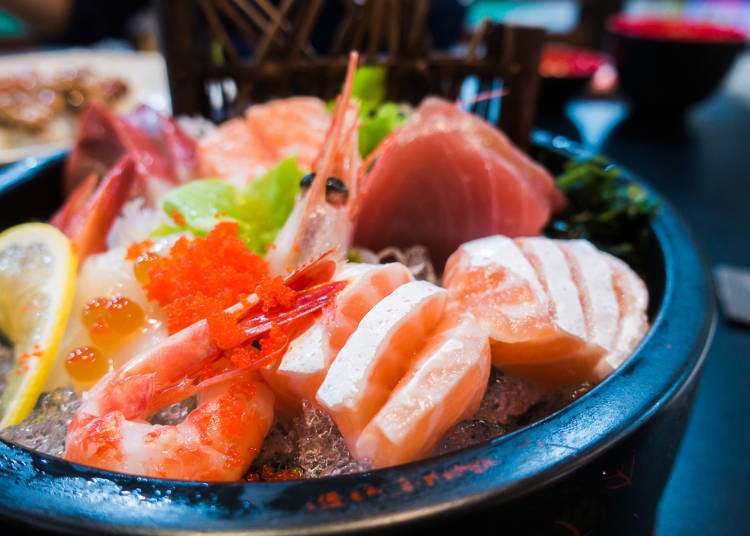
While continuing our business talk, I learn what Mr. J thinks of Japanese food.
“It’s very healthy, especially because Japanese food doesn’t use that much oil. They also have the skill to give their dishes a very beautiful and delicate finishing touch. Sashimi is very healthy and eye-catching. Though there are still people from my father’s generation who won’t eat it.”
Sashimi is healthy and delicious, as well as beautifully prepared. Though the older generation might be unfamiliar with sashimi, Mr. J was certainly impressed.
Is the way Japanese people move and think just like an anime?

Mr. J reveals his impression of Japanese people as follows:
“I’m sometimes surprised by the way Japanese people talk today, it almost seems like an anime. For example, their exaggerated speech and expressions when talking about certain things, and even their movements at times, I can’t help but wonder if they are really that influenced by anime. Or maybe it’s all in my head.”
It is strange that it seems that not just the cosplayers and maid-cafe maids do this, but almost everyone in Japan does, too! Are their gestures really more character-like because of the influence of anime? It’s a hard to grasp concept when you are in Japan...
It seems that Mr. J, with his experience doing business in Japan, has an overall favorable impression, despite being perplexed by some of their behaviors. I would like to keep in mind that although there are indeed many differences between the ways people work in Japan and China, we can still always find ways to get along with each other and do good business.
Written by: Ran Tanaka
*Prices and options mentioned are subject to change.
*Unless stated otherwise, all prices include tax.
Limited time offer: 10% discount coupons available now!
Recommended places for you
-
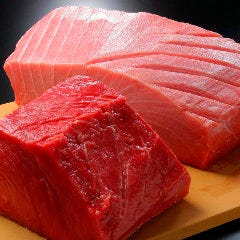
Kamesushi Sohonten
Sushi
Umeda, Osaka Station, Kitashinchi
-
Goods

Yoshida Gennojo-Roho Kyoto Buddhist Altars
Gift Shops
Nijo Castle, Kyoto Imperial Palace
-
Menu
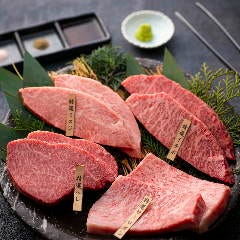
ISHIDAYA Hanare
Yakiniku
Kobe, Sannomiya, Kitano
-
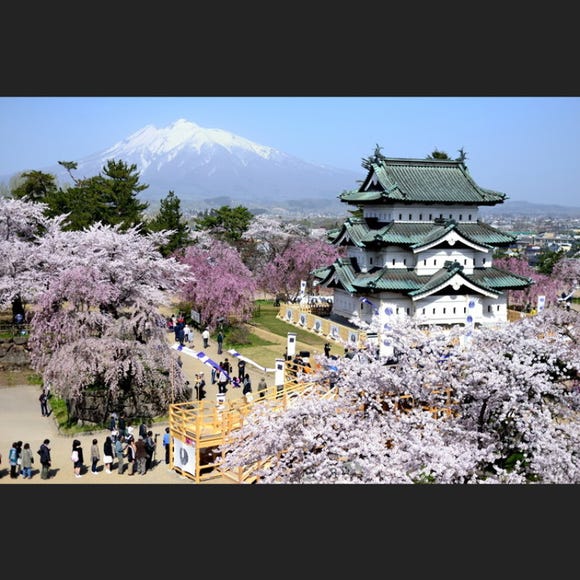
Hirosaki Park
Parks
Aomori, Hirosaki And Hachinohe
-
Appealing
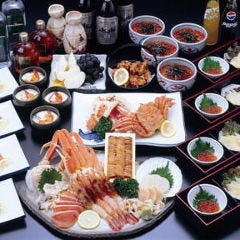
Rukku and Uohei
Izakaya
Sapporo / Chitose
-

Jukuseiniku-to Namamottsuarera Nikubaru Italian Nikutaria Sannomiya
Izakaya
Kobe, Sannomiya, Kitano
-
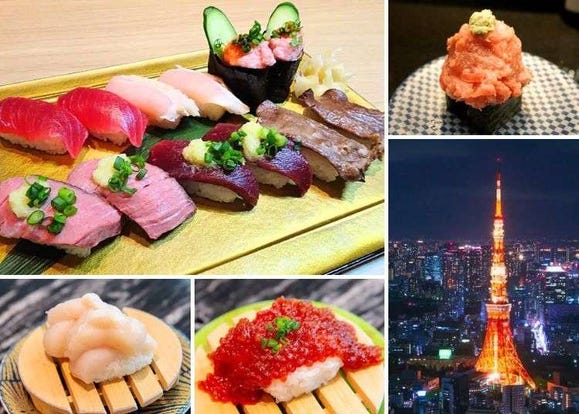
15 Must-Try Sushi Restaurants in Tokyo (+5 Trending Areas to Explore for Foodies)
-
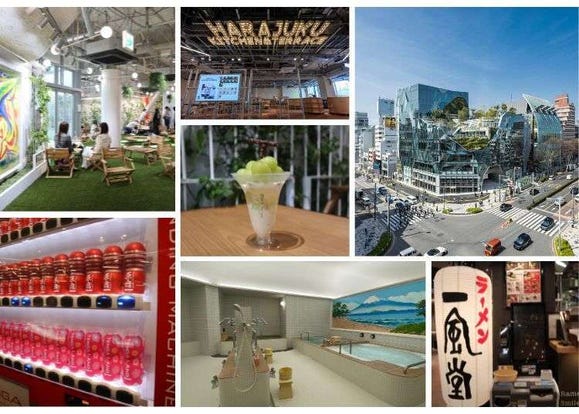
Opened in Spring 2024! What to do at Tokyu Plaza Harajuku Harakado
-
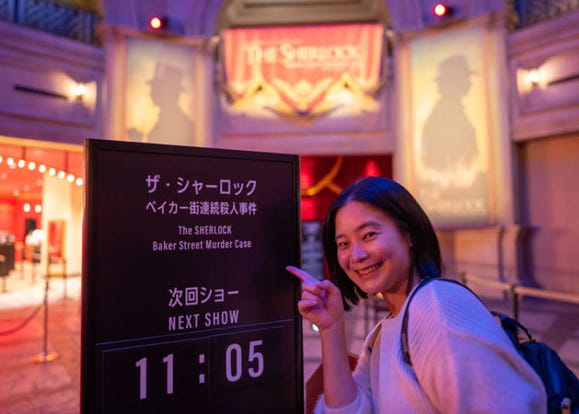
Step Into the Story: Inside Immersive Fort Tokyo
-
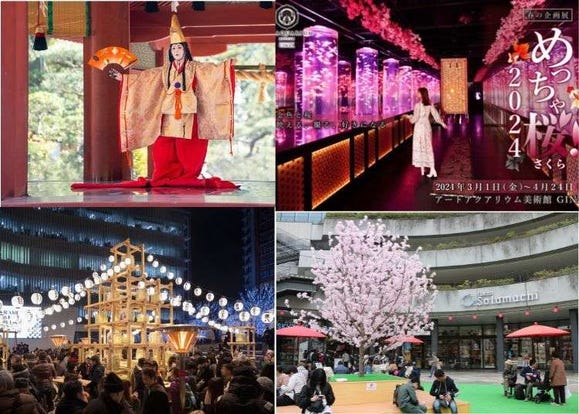
Best Things to Do in Tokyo in April 2024: Events, Festivals & More
-
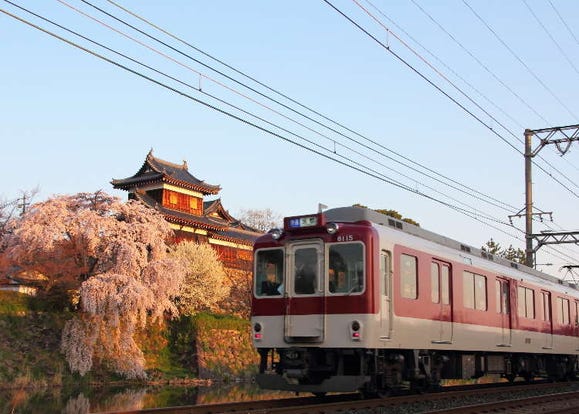
The Complete Guide to the Kintetsu Rail Pass
-
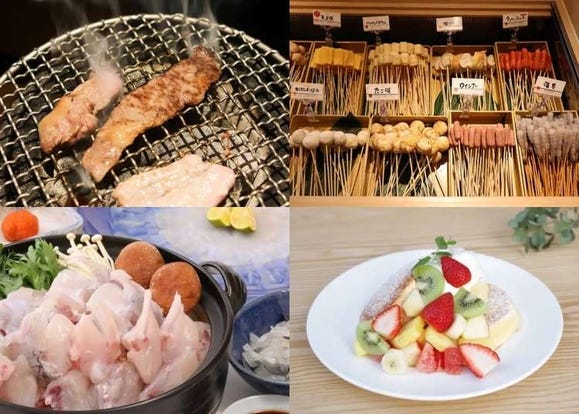
15 Must-Try Restaurants in Ikebukuro: From Aged Yakiniku to All-You-Can-Eat Sushi, Plus Adorable Animal Cafés
-
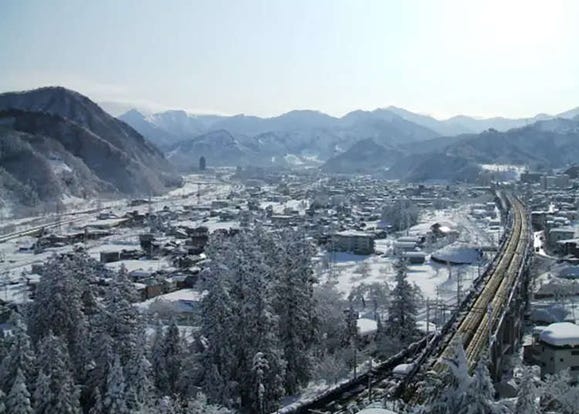
Takahan Ryokan: Enjoy Spectacular Hot Spring Views at Yuzawa's Premier Traditional Inn!
-

16 Secrets About Mt. Fuji, the Symbol of Japan: Even Japanese People Don’t Know That?!
-

What to Buy in Tokyo: 5 Unique Tokyo Station Souvenirs
-
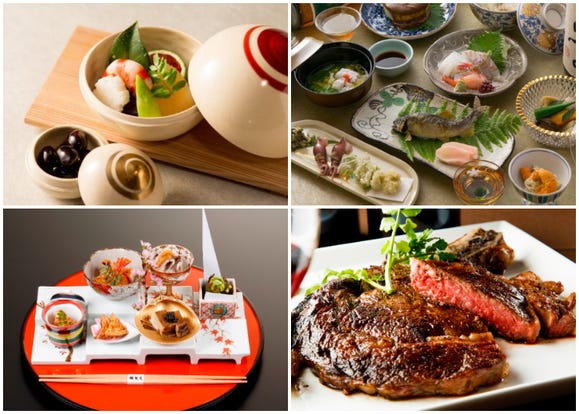
Where to Eat in Kyoto: Best Kyoto Foods to Try & The Tastiest Shops of 2023
-
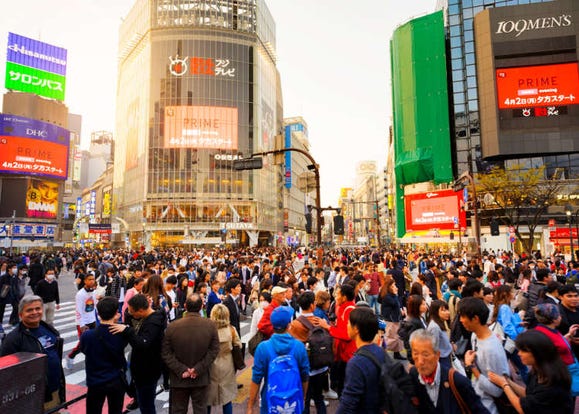
'What's in Shibuya?' 5 Ways the Shibuya Area Is Way Different From What Tourists Expected
-

Get Japanese miscellaneous goods in Kishimojin and Waseda!
- #best sushi japan
- #what to do in odaiba
- #what to bring to japan
- #new years in tokyo
- #best ramen japan
- #what to buy in ameyoko
- #japanese nail trends
- #things to do japan
- #onsen tattoo friendly tokyo
- #daiso
- #best coffee japan
- #best japanese soft drinks
- #best yakiniku japan
- #japanese fashion culture
- #japanese convenience store snacks
